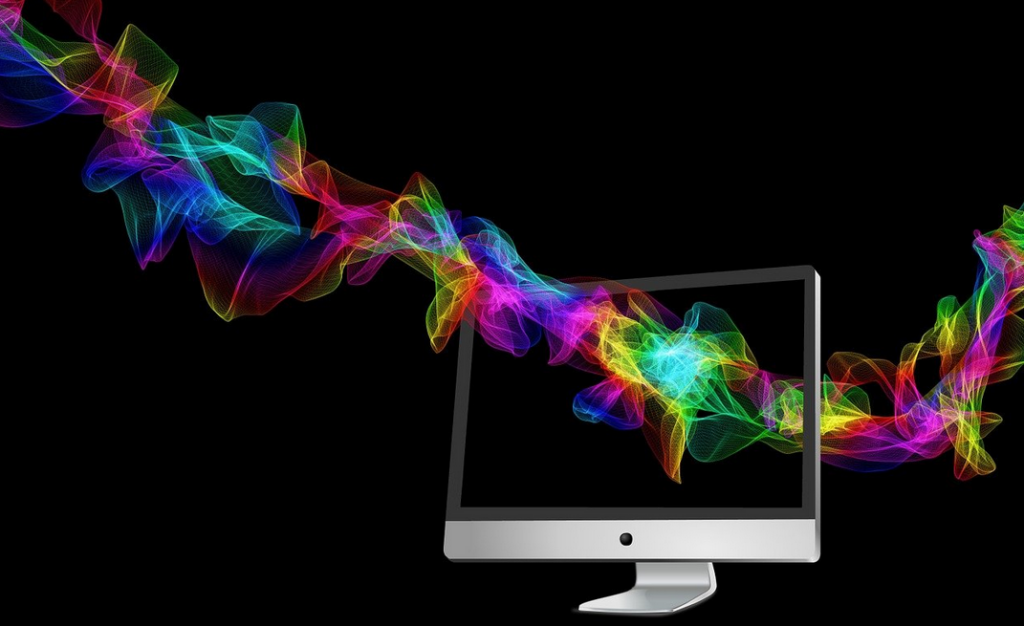Written vs. Digital Acupuncture Health Care Records, Implications of Research on Children and Screens
 By Patricia Burke of Safe Tech International
By Patricia Burke of Safe Tech International
A state licensing board for acupuncture will discuss medical records at its quarterly meeting in June.
Proposed rule changes would mandate that all records be ‘typed’ with a future push for digital-only records.
As typewriters are no longer in vogue, ‘typing records’ implies the use of electronic devices.
Some practitioners work within the mainstream medicine model and want to participate in insurance re-imbursement plans. But many practitioners of alternative medicine, including chiropractors and acupuncturists, have their own independent practices, and use hand-written record keeping, by choice.
Reports of cyberattacks of health care companies have exploded in the mainstream news.
In addition, emerging research regarding children, screens, and learning provide some important implications for why the FL acupuncture board would want to wisely step away from mandating record keeping on screens. In her blog posts Digital Tech and Education Part 1 and Part 2, Lyn McLean of EMR Australia outlined recent research Professor Tom Butler from the University College in Cork in Ireland.
“In his recent paper that reviews the latest research in neuroscience, cognitive psychology and education, Professor Butler says, ‘It is now apparent that Digital Technology has a “dark side” with negative consequences for society that often outweigh the benefits that it brings.’ Professor Butler explains that there are many reasons why digital technology is harmful – and not just for learning.”
The implications of this work can be applied to the question of whether or not electronic record keeping is an appropriate mandate for the profession.
1. Sleep Problems (and the Circadian Rhythm)
“All screens contain LEDs [light-emitting diodes] that emit artificial light frequencies that disrupt the body’s circadian rhythms and interfere with sleep. This can have negative consequences for the user, as sleep is important for memory and learning – as well as for health.
Butler says that ‘short-term sleep deprivation … affects cognition, vigilance, mood, behaviour, ability to learn, immune function, and general performance. Moreover, epidemiological studies associate poor sleep with long-term outcomes such as diabetes, obesity, depression, hypertension, and general mortality from all causes.’ Lack of sleep has also been linked to substance abuse in teens.” – Digital Tech and Education Part 1 and Part 2, Lyn McLean of EMR Australia
Acupuncture is directly linked to the distribution of ‘chi’ between the organ systems, and harmonization of the circadian rhythm. Mandating the use of typed records (which will transition many practitioners to using screens), would contradict the profession’s intent towards balance and health.
Until screen use’s deleterious effect on chronobiology and other related health issues are addressed, practitioners should be able to decide for themselves what form of record keeping they want to use. The acupuncture field could instead adopt an informed advocacy role with patients, teaching about the emerging risks associated with screens.
2. Vision Problems…
Continue reading at Safe Tech International’s Substack and Subscribe
Image by Gerd Altmann from Pixabay



